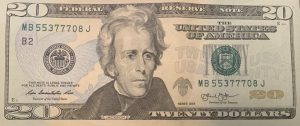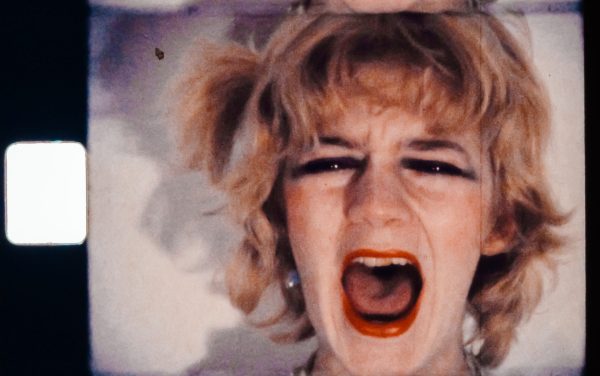No
November 18, 2019
Money is a part of all cultures. We don’t tend to second guess our currencies or their designs. Rather, paper money appears to just be a practical way of financially functioning in society. However, what our societies must realize is that each respective country’s paper money is a reflection of their culture and their history. Andrew Jackson’s presence on the 20 dollar bill is outdated and insensitive to the harm he caused to not only his own nation financially, but also to the thousands of Native Americans who perished under his command.
There is no doubt that President Jackson promoted inclusivity to the wider public for the politics of the United States during the mid-1800s. He pushed for greater public contestation from the lower classes, and he himself represented a different side of America, being the first immigrant born president.
Although he pushed for democracy in this sense, let us not forget that many of his policies harmed his people more than they helped.
For instance, Jackson attempted to demolish the Second Bank of America in 1832, and withdrew all federal funds from the national bank.
Moreover, Jackson issued a presidential order of Specie Circular which called for the removal of paper money, stating that all purchases had to be made in either gold or silver. This, and the withdrawal of federal funds from the national bank caused hyperinflation and led to the economic depression of 1837. For a president that attempted to represent the lower class of the United States, his policies harmed this socio-economic group as well as the entire country.
Does it not seem contradictory to put a president that harmed the American economy on the 20 dollar bill? There are other figures in American history who contributed far more successfully to the financial growth and developed of the United States.
Not only were his economic policies questionable, but Jackson was also a firm advocate of the expansion of slavery to the west of the growing U.S. It is true that there are presidents like Thomas Jefferson who owned slaves and is on the 2 dollar bill, however not only did Jackson own slaves, he also opposed any sort of anti-slavery reform and sentiment growing in the North during his presidency. There are many times were Jackson used his executive power to prevent anti-slavery legislature from passing.
Andrew Jackson was a president that used his executive power to further his own political agenda, ultimately leading to the dismantling of the American economy, the introduction of another economic depression, the expansion of slavery westward, and the genocide of thousands of Native Americans.
Though some may argue that this was typical of his time, America must come to the conclusion that it is no longer acceptable in our modern-day to have a former president on a 20 dollar bill that so strongly opposed the work of the anti-slavery movement.
Times change, and no matter how strongly a nation wishes to preserve and honor its past, there are some instances, like the presence of Jackson on paper bills that simply must change. Essentially, by keeping Jackson as the face of the 20 dollar bill, it is sending a message to the rest of the world that his actions are commended by the U.S., which I am sure is inaccurate.
On top of his financial mess and his position surrounding slavery, Jackson is most infamous for his treatment of the Native Americans during his presidency. Though his entire presidential policy was based on the principle that those who were not represented in American politics at the time deserved equal opportunity, we should not forget that this was only reserved for the white population.
After completely ignoring the Supreme Court’s ruling in Worcester v. Georgia, which stated that Georgia had no legal power in the Cherokee region, in 1830, Jackson officially signed the Indian Removal Act, which forced the relocation of thousands of Native Americans to the west.
This act essentially set up the Trail of Tears, overseen by the next president and Jackson’s former Vice President, Preside Martin Van Buren. In 1835, 15,000 Cherokee people were forced to move west under the surveillance of the U.S Army forces, and 4000 Natives died along the way.
Andrew Jackson was a president that used his executive power to further his own political agenda, ultimately leading to the dismantling of the American economy, the introduction of another economic depression, the expansion of slavery westward, and, the genocide of thousands of Native Americans. Evidently, this is far from what modern American morals preach. So, shouldn’t the 20 dollar bill have someone who represents American principles accurately instead?













Randy VanDyke • Jan 4, 2021 at 10:33 pm
Let’s retire his likeness to the dark corners of the archives where it belongs.
ian curry • Dec 8, 2021 at 4:50 pm
to the shadow realm with thee *points at Andrew Jackson*
frank • Sep 30, 2022 at 5:07 pm
Not before he challenges you to a duel!